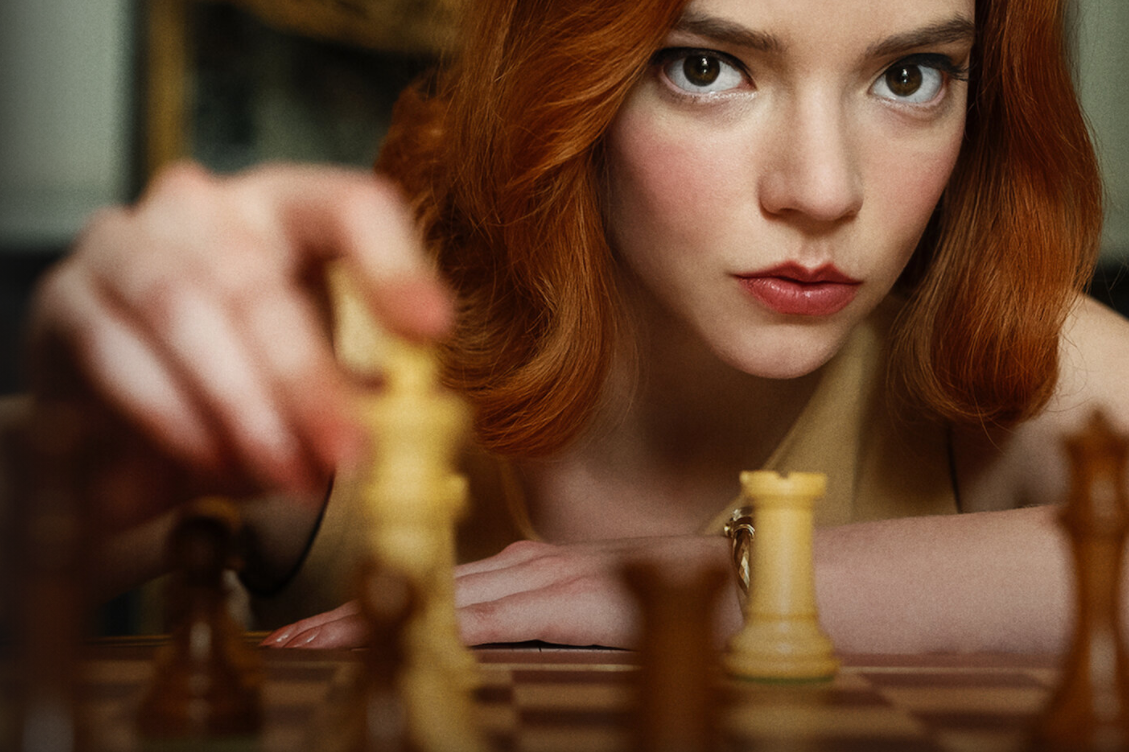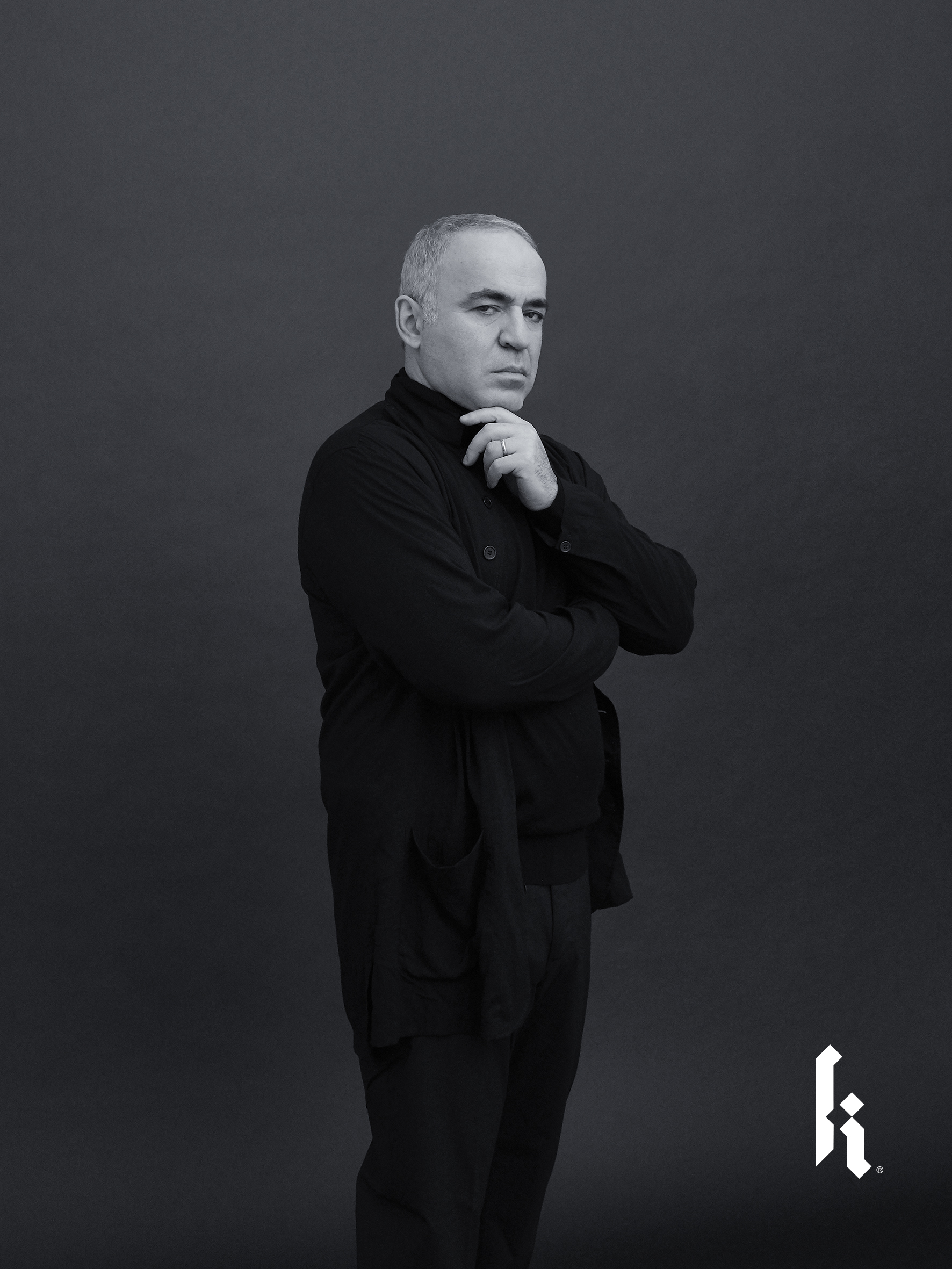Garry Kasparov on why he turned down a starring role in the Queen's Gambit
"It was a tempting proposal..."

PC Gamer recently interviewed former chess world champion Garry Kasparov as part of the launch of his new site, Kasparovchess. Among his many other achievements, Kasparov recently consulted on the Netflix smash-hit The Queen's Gambit: a series notable for the quality of its presentation of chess, featuring high-level plays and adaptations of historical games. He can perhaps take a great deal of the credit for that but, as we found out, could have played an even bigger role.
PC Gamer: What does the success of the Queen's Gambit tell you?
Garry Kasparov: What's happened recently after the phenomenal success of The Queen's Gambit, it just shows that the passion for chess is still there. Unlike other games chess has survived for what 1,500 years or so. And the game always adjusted to the demands of the modern times. We live at a time where the unique values of chess have been rediscovered, so we couldn't have a better moment to launch Kasparovchess.
And thanks to the Queen's Gambit some of the negatives connected to the potential impact of chess, the negative impact on mental stability related to Fischer and other stories, that's also now been washed away thanks to the success story of Beth Harmon. And I think that has people now looking for chess as a potential tool to help with educational reform. So somehow, again, chess is picking up.
You were a consultant on the show and one of the things I admired about it was that a lot of chess shows have trouble with the actual chess: so much is in the mind it can be hard to show visually and be exciting. But this was authentic to the experience of competitive and tournament play, only faster for obvious reasons. Was that your influence?
Exactly. That's exactly what I did. And I'm very proud that it was a success, but [director] Scott Frank he actually, he just realised that he could do something very different. The book was written in 1983, there were a few attempts to put it on the screen, and they all failed. And Scott himself was one who tried [a film] many years ago, and he told me that he realised that, you know, a couple of hours, that would not be good: it's not enough. For proper chess you need more time to develop characters and yeah, it was probably accidental that he succeeded in actually convincing Netflix to do the series [laughs].

So when do you get involved and what was the offer?
The biggest gaming news, reviews and hardware deals
Keep up to date with the most important stories and the best deals, as picked by the PC Gamer team.
When I met [Scott Frank] the first time, [author] Bruce Pandolfini organised the meeting in a New York restaurant, and he suggested I play the role of Vasily Borgov: what would be more natural for me than to act as the Soviet world champion? It was a tempting proposal... I even suggested to my wife that we could do it together, maybe she could play Borgov's wife [laughs] but we couldn't spend so much time at one spot. Two to three months on a shooting stage, it was just impossible.
So instead, I suggested I play the role of a consultant. And I said there are two things I can do: one is I guarantee the chess will be authentic, because Scott wanted to show real chess. He recognised that many chess movies suffer from this lack of authenticity. So he wanted to show that, and I also said what is important is trying to reconstruct the authenticity of the Soviet chess scene, because the final game, the climax of the series happens in Moscow and before even then Beth Harmon meets Borgov.
I made many suggestions and additions, like adding the KGB agents following [Borgov], there's a few dialogues, which were just to make sure it was authentic. And also, I was very pleased to see how the actors Anya [Taylor-Joy] and Marcin [Dorociński], how they moved and looked like real players. Marcin told me that he spent hours watching me playing chess just to make sure that all the moves on the board are delivered with authenticity.
Did any mistakes make it through the net?
There were a few mistakes! There's a demonstration board in the last game where they just pushed one line, so if you watch carefully the pieces that was a wrong position. White bishop and queen were just moved, you know, from their locations: D3 and E3 to C3 and D3. Somebody discovered that some of the books on Benny's bookshelf, they actually were from the '70s, and this all happened in the '60s.
But the best, actually the best comment came from one of my friends who was watching very carefully trying to find a mistake there [laughs] And he said, "Aha, it's the press conference in 1967-1968... And there's a portrait of [former Soviet leader Leonid] Brezhnev there but it's a much older Brezhnev!"
They got you comrade.
[laughs] They got me!
PC Gamer spoke to Garry Kasparov because of the launch of his new chess site, Kasparovchess.com. Check back soon for more from our chat.

Rich is a games journalist with 15 years' experience, beginning his career on Edge magazine before working for a wide range of outlets, including Ars Technica, Eurogamer, GamesRadar+, Gamespot, the Guardian, IGN, the New Statesman, Polygon, and Vice. He was the editor of Kotaku UK, the UK arm of Kotaku, for three years before joining PC Gamer. He is the author of a Brief History of Video Games, a full history of the medium, which the Midwest Book Review described as "[a] must-read for serious minded game historians and curious video game connoisseurs alike."

